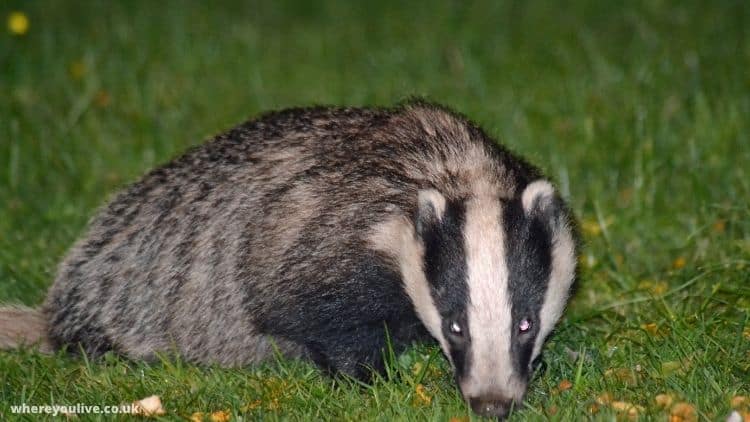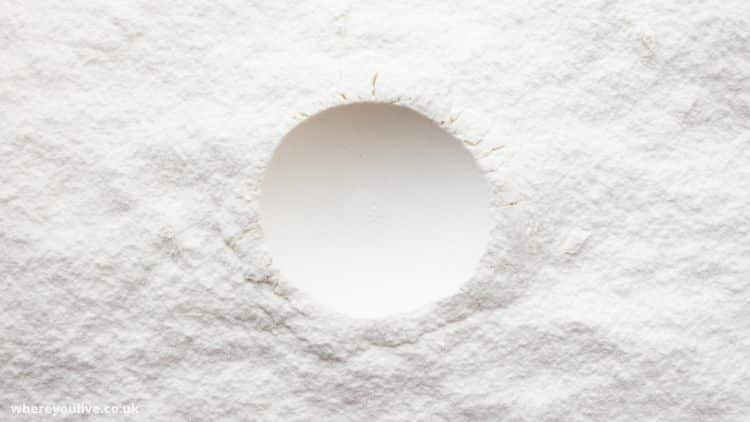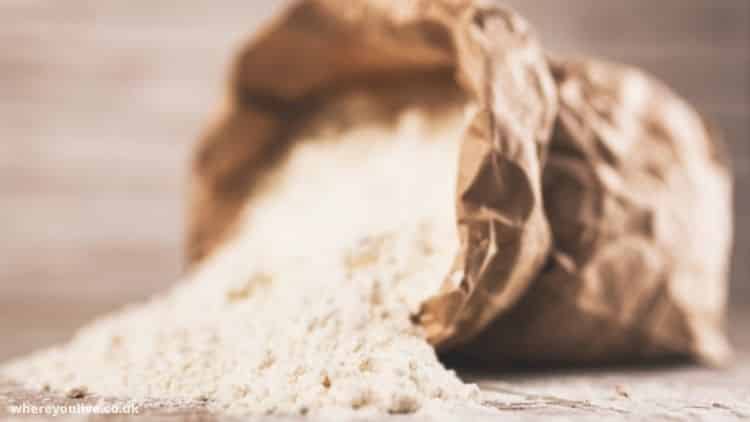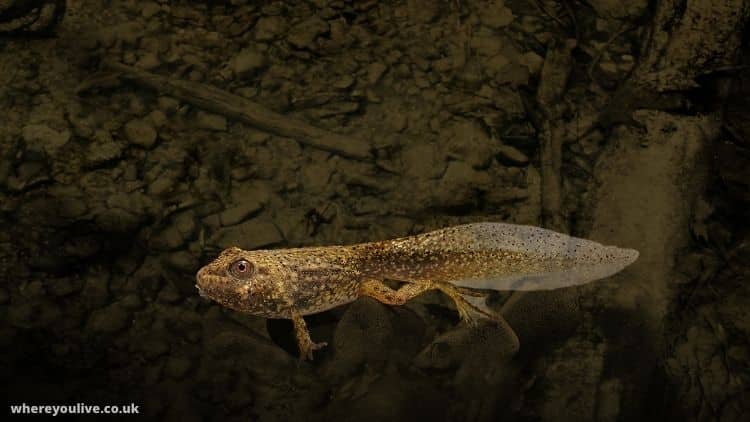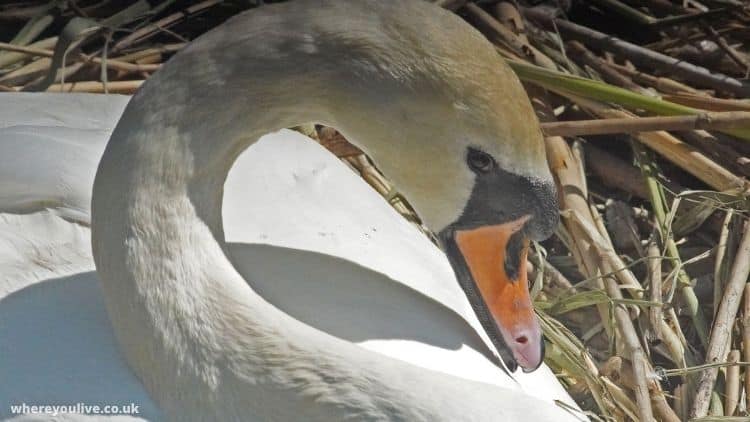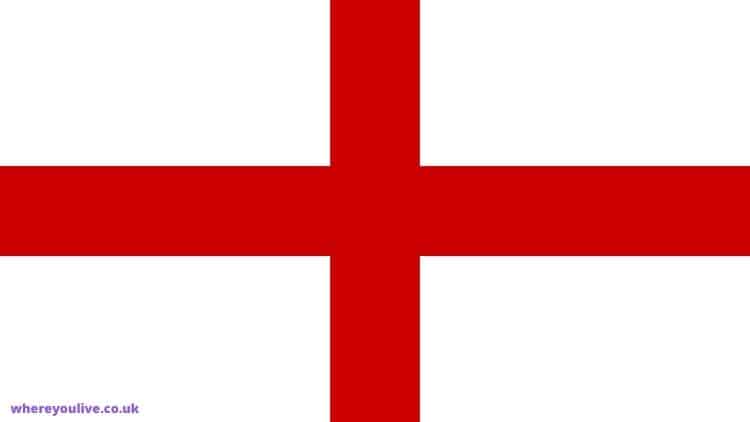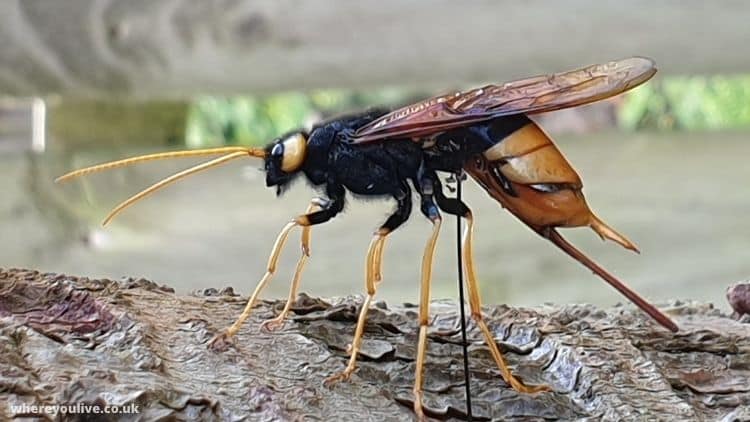What do badgers eat? Badgers eat almost anything. They eat earthworms, frogs, rodents, crickets, eggs, fruit, nuts and seed. These creatures are omnivores, so they have a number of dietary variations, they will eat just about anything that is non-poisonous.
Badgers are one of the most fascinating creatures in Britain. They’re stocky, with short legs and silvery-grey fur that has distinctive black and white markings on their faces.
They live in family groups underground chambers (called setts) which often used by successive generations – they come out at night to forage for food or play!
What do badgers eat when held captive?
Badgers in captivity are incapable of finding other people’s food for themselves. They depend on humans for food and must be fed a nutrient rich daily diet.
This involves offering a wide variety of ingredients such as nuts fruit, seeds, insects seeds and more. This is also important not to overfeed these badgers as they will return to the feeder areas in order to devour more of their food for boredom. Badgers can easily gain weight which makes a lot of sense to themselves.
These living species need stimulation for survival and exercise in order to stay alive. This requires lots of space for play and exercise.
Helping badgers
When weather is cool in the summer with dry days in particular and the badger is fed on fresh foods. The bait can last for a week or even longer. Suitable food includes canned flakes to be fed on dogs and soft meats, cheese undalted peanuts and seasonal fruits.
Do not provide food for badger traffic. Feed only small amounts to prevent dependence on non natural food supplies and prevent problems arising if neighbouring neighbours don’t welcome badgers as this may lead to actions against the animals. How can I rescue an angry badger?
Tell me the best way to feed badgers?
Badgers will plant flower plants, eat fruits and vegetables grazing plants and even dig up grass. But if you enjoy seeing them in your garden there are several good food options that you can eat. Since they eat such an enormous variety of foods it may be likely that they’ve eaten much more than what you gave them.
So it’s best to choose foods that closely follow their diet: fruits and vegetables or for both birds and hedgehogs. Badgers have a broad variety of food including fruits and vegetables but they can ate whatever they like. For other information click here.
What should I feed badgers in my garden?
Badgers typically eat ground worms as they grow more complex their diets. He also use the claws of his back to extract bugs. Other veggie favorites are apples, pears, plums or elderberries. Feed garden badgers things like wet dog food, fruit roasted peanuts or Brazilian nuts and mealworms or special badger treats like Wild Things.
Badger can survive up to 14 years old if they take care of themselves right so it’s important not just when she is pregnant but always too keep her free from disease because even though badgers may be tough animals, some diseases like roundworm will kill them quickly without warning!
No one knows how many badgers there are in Britain – they’re nocturnal and can travel long distances underground so it’s tricky to count them. but scientists think that there are about a quarter of a million living wild somewhere in the UK!
Badgers are related to farm animals like pigs, cattle, horses etc. They have similar habits. They like to sleep and come out at night – although sometimes they stay up during the day if it’s really hot!
If you live in a place where badgers are present, be very careful when approaching one. Badgers have sharp claws and teeth and will fight back if threatened, especially a female who is with her cubs.
In the wild, badgers usually live to be about 2-4 years old. In captivity, they can live to over 14 years old!
This is due to their large size and aggressive nature as well as a troubled history with humans. A female may have 1-10 cubs at a time (depending on her age and health) but usually the average is 3-4.
But if she raises her cubs successfully, she may be able to have many litters of cubs per year! If a female badger is infected with roundworm parasites, they can easily transfer to her cubs and kill them. The same goes for exposure to certain diseases
What is a badgers Favourite food?
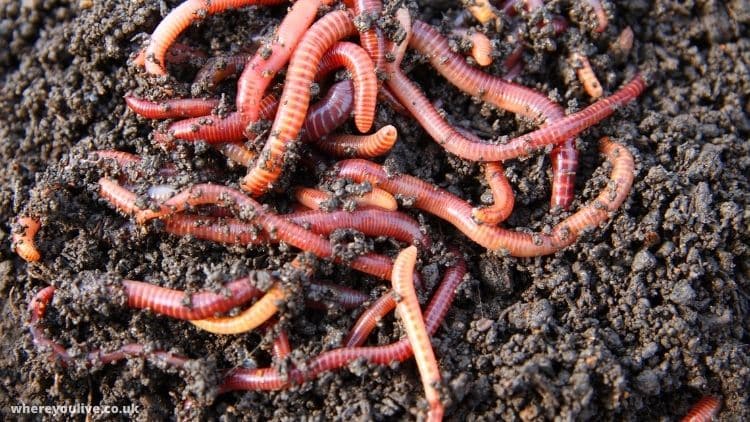
Crickets, earthworms, frogs and rodents are also a part of their diets.
A badgers favourite food will always vary depending on where they live at the time too! If they’re living near water with lots of fish, then we can be sure that some fish or frogs would end up in their tummies too. In an area with a high number of mice, crickets are likely to also be on the menu!
Badgers don’t have many natural predators (luckily for them!) The biggest risk to a badger is actually getting run over while they’re on their way back from an evening hunt for food. If you think about it, this makes sense .
Is it OK to feed badgers?
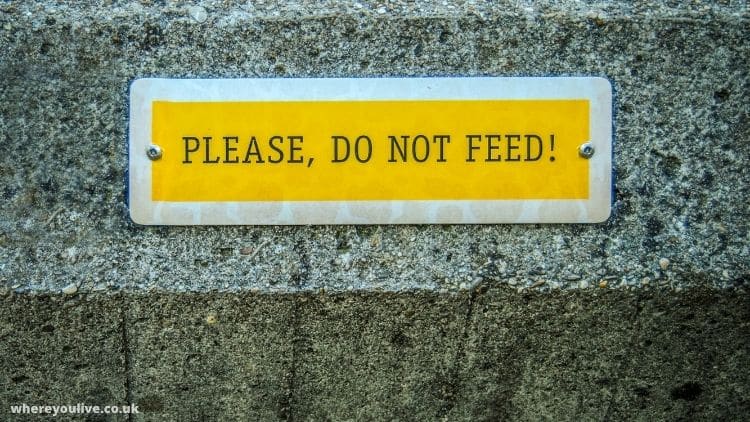
BADGERS must never be fed. This can lead to a badger losing their fear of humans, and so will become more likely to come into direct contact with people – which is dangerous for both the animal and the person.
Badgers are not pets! They are wild animals, who need their independence in order to survive. Feeding them causes many more problems for the animal and their environment.
What should I do if I find a baby badger?
Badgers are very protective of their young and will become aggressive when they think they have been threatened. If you do come across a baby, it is a good idea to cover the animal with leaves or something similar so that it cannot be seen from above. Leave it alone for no longer than 30 minutes and stay calm. If the mother is still not back, you can take the cub to a nearby wildlife sanctuary or contact the RSPCA on 0300 1234 999 (24 hours). Be sure to keep in mind that baby Badgers are NOT pets and should be left alone!
If it’s an adult badger who has been injured, the RSPCA’s advice is to call a local wildlife sanctuary, park or rescue centre. You can also contact the RSPCA on 0300 1234 999 (24 hours) but please be aware that they will not come out and help you directly.
It is important to remember however, that badgers are wild animals and should always remain in the wild. Every badger deserves to be able to live in peace where it belongs!
In Summary
So it’s best to choose foods that closely follow their diet: fruits and vegetables or for both birds and hedgehogs. Badgers have a broad variety of food including fruits and vegetables but they can ate whatever they like. For other information click here.

